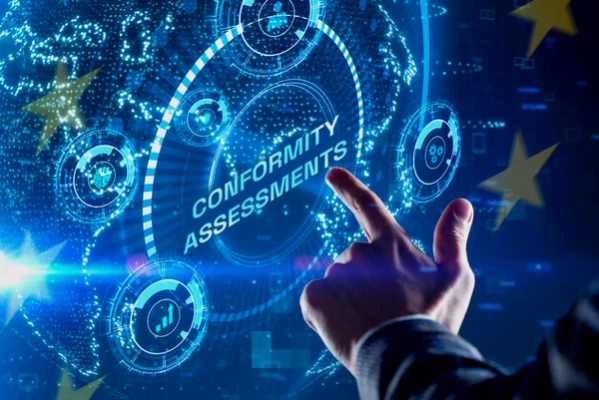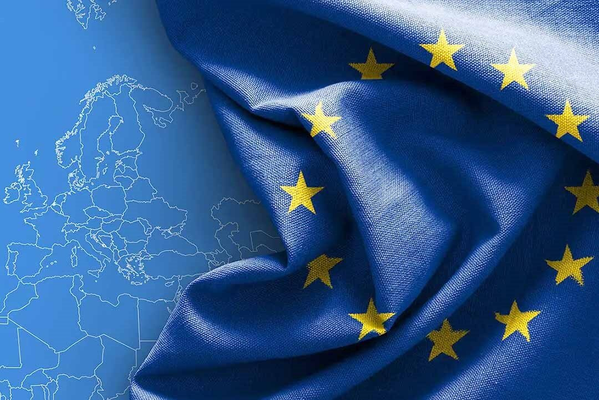July 2024

The EU AI Act, which categorizes AI systems into various risk levels and outlines specific requirements and obligations, has been published in the Official Journal of the EU. The Act's implementation will be phased, with provisions concerning prohibited practices taking effect six months after the Act's entry into force. Compliance preparation is emphasized, and Holistic AI offers assistance in preparing for the AI Act.

Transparency is a key principle in frameworks designed to ensure safe and reliable development of AI. The EU AI Act emphasizes transparency requirements with a multi-pronged approach for different AI systems. High-risk AI systems have stringent transparency obligations and specific transparency obligations have been imposed on AI systems with certain functions such as direct interaction with individuals. The AI Act also imposes severe monetary penalties for non-compliance. Companies must prepare early for compliance with the AI Act.

The EU AI Act introduces a risk-based regulatory framework for AI governance and mandates conformity assessments for high-risk AI systems. Providers may choose between internal or external assessment, but external assessment is mandatory under certain conditions. Conformity assessments must be combined with other obligations, such as issuance of a certificate, declaration of conformity, CE marking, and registration in the EU database. If a high-risk AI system becomes non-compliant after marketing, corrective actions must be taken. Delegated acts may be introduced by the Commission for conformity assessments. Holistic AI can help enterprises adapt and comply with AI regulation.
June 2024

The EU AI Act will soon come into effect, and it is important for entities to understand whether they are within the scope of the law and how it applies to them. The first step is to determine if their AI system falls under the definitions and prohibitions given under the Act. They must also determine their role in the market, their geographical scope, and take note of the key enforcement dates. Compliance is crucial as non-compliance may result in harsh penalties. Holistic AI's expert team can support businesses in achieving compliance.

The EU AI Act has been approved and will be phased in gradually. The European Commission has launched the AI Pact to encourage industry players to comply with the forthcoming AI Act ahead of schedule. The Pact offers a framework for collaboration, early adoption of regulations, and responsible AI practices. Participants will play a central role by committing to declarations of engagement and sharing their policies and best practices. The Pact will operate during the transition period until the enforcement of the EU AI Act and may continue to operate afterward. Compliance with the Act is necessary to avoid penalties and reputational damage. Holistic AI can help organizations comply with the EU AI Act safely and confidently.